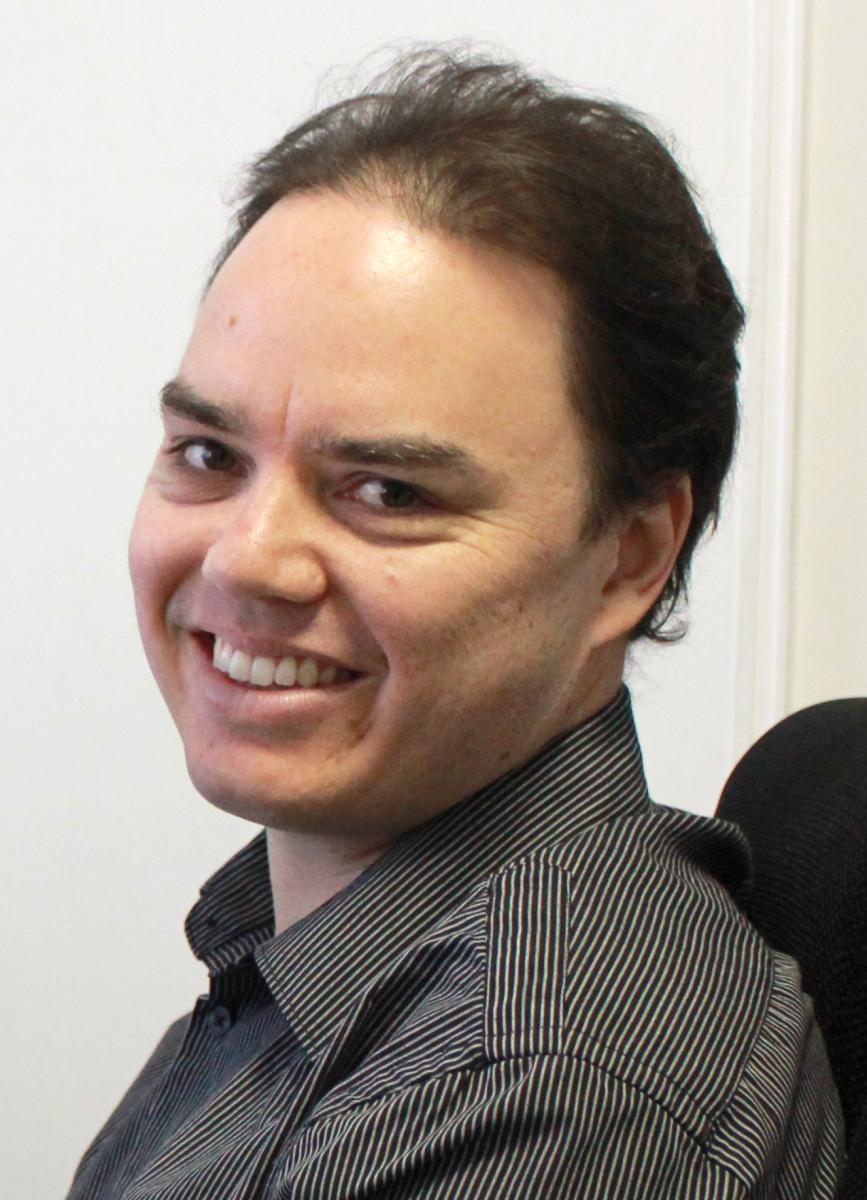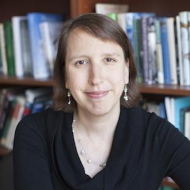The sun has a much bigger effect on the climate than humans, doesn’t it?
The climate’s always changing. So what?
Won’t animals just adapt to a changing climate?
The educators I work with hear these questions from students all the time. They’re always looking for resources to answer them. There are lots of websites with good (and not-so-good) answers. But the one I send teachers to first is SkepticalScience.com. This site is a gold mine of responses to common arguments against climate change. Even better, the site breaks the science down into “basic”, “intermediate” and “advanced,” so teachers—and everyone else—can get as much or as little scientific detail as they need.
 The site was created and is maintained by John Cook, a former Climate Communication Fellow for the Global Change Institute and now a doctoral student in cognitive psychology at the University of Queensland. The website was conceived as a one-stop shop for rebuttals of common climate change denial arguments. But it’s about more than just the science: Cook and his colleagues also take into account the growing body of research on how and why people understand what they do about climate change. Run as a labor of love, Cook has rallied a network of global volunteers to explain the latest climate research and refute some of the most tenacious misconceptions about climate change. John also co-authored the 2011 book, Climate Change Denial: Heads in the Sand, with Haydn Washington, and the 2013 college textbook, Climate Change Science: A Modern Synthesis, with Tom Farmer. He was also the lead author on the paper "Quantifying the Consensus on Anthropogenic Global Warming in the Scientific Literature", which was named best paper of 2013 in Environmental Research Letters (and tweeted by President Obama). In 2014, he won an award for Best Australian Science Writing.
The site was created and is maintained by John Cook, a former Climate Communication Fellow for the Global Change Institute and now a doctoral student in cognitive psychology at the University of Queensland. The website was conceived as a one-stop shop for rebuttals of common climate change denial arguments. But it’s about more than just the science: Cook and his colleagues also take into account the growing body of research on how and why people understand what they do about climate change. Run as a labor of love, Cook has rallied a network of global volunteers to explain the latest climate research and refute some of the most tenacious misconceptions about climate change. John also co-authored the 2011 book, Climate Change Denial: Heads in the Sand, with Haydn Washington, and the 2013 college textbook, Climate Change Science: A Modern Synthesis, with Tom Farmer. He was also the lead author on the paper "Quantifying the Consensus on Anthropogenic Global Warming in the Scientific Literature", which was named best paper of 2013 in Environmental Research Letters (and tweeted by President Obama). In 2014, he won an award for Best Australian Science Writing.
In short, “Skeptical Science” is eminently deserving of NCSE’s Friend of the Planet Award. I sat down with Cook and asked him a few questions about the website.
What was your goal in developing Skeptical Science?
Skeptical Science began as conversations with my father-in-law about climate change. He had a handful of arguments supporting his belief that climate change was a hoax. In preparation for the next family get-together, I began building a database of arguments against climate change, as well as what the peer-reviewed science said about each argument (like any son-in-law spoiling for a fight, I wasn't leaving anything to chance). As the database accumulated more arguments and peer-reviewed papers, it occurred to me others might also find it a useful resource. So I converted the database into a website and published it online as Skeptical Science.
What was the response?
Skeptical Science was instantly popular—apparently a number of other people also have relatives that they discussed climate change with at family get-togethers. However, the website really took off after I was contacted by two software developers from Melbourne who offered to create a Skeptical Science iPhone app. Having climate myth debunkings handy on your smartphone was an elegant, powerful way to make climate science accessible to a much wider audience.
Who uses your site the most and when? Have you heard from educators at all?
Having done some work in web design in the past, I initially built the site with a search engine optimization approach. My goal was that if someone googled a climate question like "is the sun causing global warming?" or "did global warming stop in 1998?", then our site would come up prominently. While this has been a successful approach, my sense is that Skeptical Science's biggest impact doesn't come from direct visitors of the website, but when third parties share our content (which is all Creative Commons licensed) with broader, larger audiences that we otherwise wouldn't reach. This includes scientists giving presentations, authors publishing books or textbooks, and educators using our content in their classes.
It was this thinking that guided the development of our Massive Open Online Course on climate science denial. As well as raising climate literacy levels among students, it's also important that students learn how to perceive misinformation. So our online course operates at two levels: it teaches climate science while also explaining how that science can be distorted. This approach is known as misconception-based learning—a powerful way to teach science while raising critical thinking skills. To this end, I've also just co-authored a climate textbook with Daniel Bedford that uses a misconception-based learning approach to teach climate change while debunking common climate myths.
Is there a spike around Thanksgiving in the US when everyone ends up arguing about climate change with their Uncle Larry?
LOL, good question, I’ve never thought to check that before (being Australian, Thanksgiving isn't really on my radar). I just had a quick look now at the 2015 stats and there was a traffic spike in the week of Nov 29 to Dec 5. Perhaps this was a post-Thanksgiving response similar to my reaction to misinformation from my father-in-law: people conducting follow-up research into all of Uncle Larry's arguments! :-)
Where would you like to see the site go from here?
Ultimately, I would like to see Skeptical Science content, and more broadly the teaching approach of misconception-based learning, adopted in more classrooms around the world. So one of my main focuses in the near future will be collaborating with educators and educational networks, providing resources to help them teach climate science and debunk common climate myths.
Any unusual anecdote you'd like to share?
I have vivid memories of Eugenie Scott giving me a tour of the NCSE offices several years ago, when I was visiting San Francisco for the American Geophysical Union fall meeting. She showed me a wall featuring some of the abusive emails that NCSE had received from creationists. I could relate. Skeptical Science has received similar abusive comments from climate deniers. But I do recall feeling somewhat jealous that NCSE had a real, physical space in which to fight the good fight together. In contrast, Skeptical Science is a cyber-community that only meets face to face when a handful of us make it to San Francisco each December. That makes the brief times we meet face-to-face that much more special :-)

